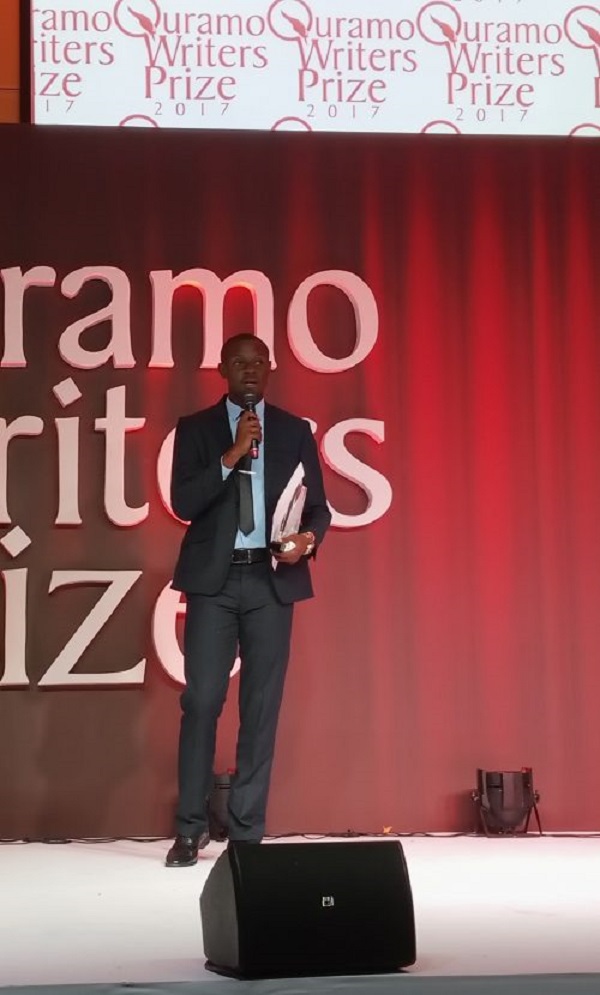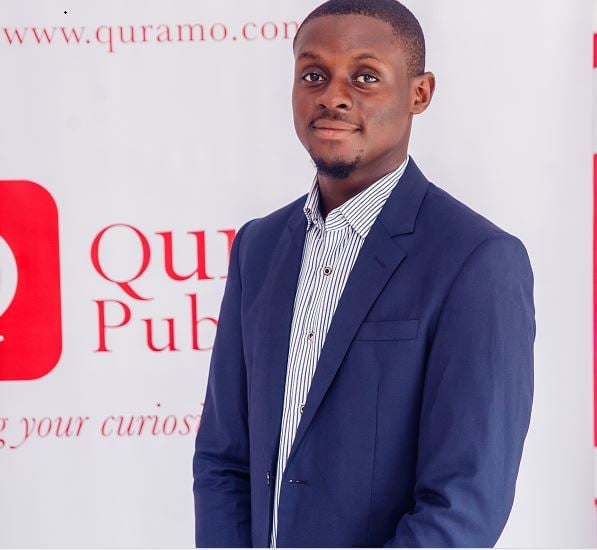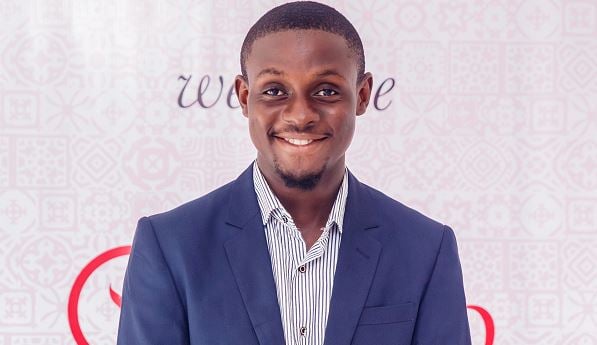Samuel Monye was a youth corps member serving in Oyo state when, in 2017, he won the inaugural edition of the Quaramo’s Writers Prize.
Monye, then a first-time writer, won the prize for ‘Give Us This Day Our Daily Bread’, a book which tells the story of a young boy, Seun, whose life changed after his uncle smuggled him through the Sahara Desert on an illegal quest.
Despite being from a family of writers, Monye was never fully aware of his own potential until friends and family constantly told him he was gifted.
Thenceforth, the Delta state indigene and Nnamdi Azikiwe University alumnus began a search for writing competitions to enter for, partly in a bid to verify the veracity of his talent.
In this spotlight interview with TheCable Lifestyle, Monye talks about where he is one year down the line, the inspiration for his winning entry and how the QWP platform has fired him up to do more in the literary world.
What inspired the entry that won you the inaugural Quramo Writers Prize?
I served in the city of Ibadan in 2017. The city is beautiful and carries a lot of historical connection. But you immediately come to terms with one hard reality, that there are a lot of beggars on the streets of the city. You will come across people from different works of life that live on the streets and need help from others. And like most places where you find beggars, you will find those who just want to exploit the sympathy of people for their own gain. One of the saddest things you see is children exposed to dangerous elements on these streets. You help out when you can and how you can.
On one particular Sunday morning, I was waiting for a colleague just outside a pharmacy when a boy no older than ten approached me. Because we were running late and I wasn’t really in the position to help, I paid little attention to him. I had just made a call to my colleague when I noticed that the boy was still standing by me but wasn’t pleading as they normally do. He stood there watching a couple a few feet away from us playing with their daughter and it broke my heart. I asked about his parents and he told me he had not seen them in over four years. When I asked where he lived, he said he slept at the market.
That experience played through my mind for a while. I knew there were children living on the streets but it became more real to me at that moment. And that was how the wheels began to turn. I wouldn’t say coincidentally, but that same period happened to be a time where we were making a lot of prayers for children and families in worn torn areas like northern Nigeria, Aleppo in Syria and Libya.
I started asking, “What if there was a child living far away from home separated from his parents?”
I started studying and researching the conditions around the migration in and through Libya and Seun’s story was birthed in the process.

Has winning had any significant impact on your life?
Yes, winning has made a significant impact on my life. For one I am more fired up to write and develop the ideas I have and put them out for the world to see. Also, I must say that winning has given me new platforms and opportunities to make a positive impact on the lives of others and that is a blessing and a privilege I do not take likely.
How do you think Nigeria can improve its literary and writing culture?
I believe this is a job for every one of us starting from our homes and family. A home where reading and writing is held in high esteem and the search for knowledge is praised will breed a powerful generation of creative thinkers and leaders. Books are powerful and we can never get enough of them. I must appreciate Quramo Publishing and the host of other literary giants who are taking this fight against illiteracy by the horn. With more innovative platforms like the QWP, we can point generations to the truth that the pen is valuable and powerful.
Did your childhood influence your work?
Yes, I would say so. I grew up in a family with parents and siblings who were and still are gifted writers in different capacities and styles. Reading and writing have always been a part of who we are and it helped to cultivate this gift in me. I draw inspiration a lot from the experiences I had as a child and as a Nigerian in writing to help readers relate.

What does writing mean to you?
It is one thing I know I was born to do. Writing isn’t just part of my being, I see it as a calling and a platform to reach people, make positive impact on their lives and help them understand life a little better. God uniquely shapes every man; I don’t believe we are mass produced. This is one of the things God uniquely shaped me to do.
What advice do you have for aspiring writers?
To every writer reading this, the world is waiting to see you manifest. Those ideas, those words that come to you uniquely are not meant to be hidden. People want to hear you; they want to read what you have. Sharpen your skills, keep learning and step out.
Do you have a project you are currently working on?
I have several ongoing projects that will take flight in the coming months and years. There are a lot of stories to be told, a lot of ideas to be developed and a whole world waiting to see them. No pressure!
Copyright 2025 TheCable. All rights reserved. This material, and other digital content on this website, may not be reproduced, published, broadcast, rewritten or redistributed in whole or in part without prior express written permission from TheCable.
Follow us on twitter @Thecablestyle


Nice one. Go take the world. Its all yours…